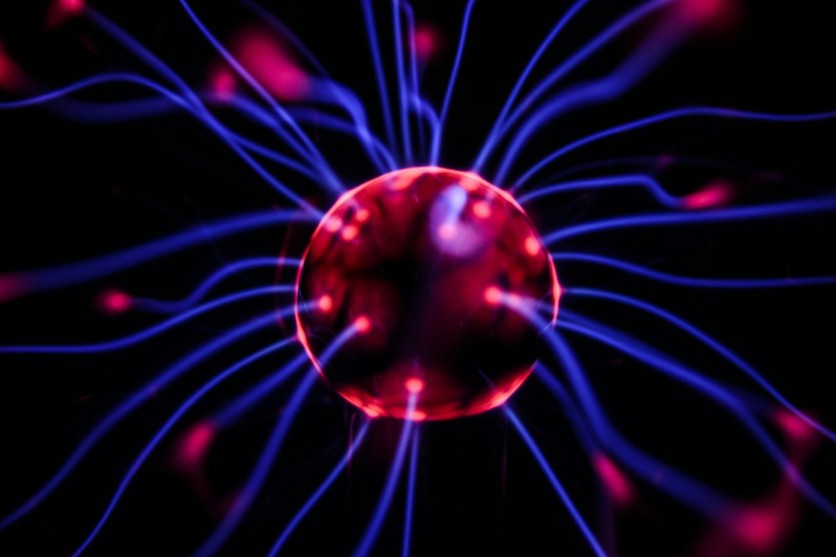Recently, a new plant-based nanoparticle treatment for glioblastoma, the most lethal form of the brain tumor has emerged all thanks to a team of US and Chinese researchers.
This novel strategy of using nanoparticles with phytochemical origin for the treatment of this virile disease should help in overcoming some of the current impediments, and give a new lease of life to patients with such diseases.
Revolutionary Nanoparticles Target Tumor Cells

The treatment from researchers at Wuhan's Renmin Hospital and Yale University concerns the nanoparticles formed from a plant compound called bardoxolone methyl (BM). These nanoparticles show the characteristic feature of crossing the blood-brain barrier and directly targeting glioblastoma cells.
This breakthrough was tried on mice but the nanoparticles did what was expected which was to locate and destroy cancerous tissues.
The researchers pointed out in their study that they have prospected and tested a new nanotech-based therapy for the treatment of a specific type of brain cancer.
Glioblastoma: A Tough Challenge to Treat
According to Interesting Engineering, glioblastoma is an aggressive form of brain cancer that launches itself every year affecting about 250000 people globally. The current survival chance of a person with glioblastoma is as low as 14-16 months and this is even after one of radical treatments.
The modern methods of glioblastoma treatment commonly include surgery with the removal of the tumor and its subsequent treatment by radiation and chemotherapy.
However, the cancer tends to become resistant to these treatments and thus becomes ineffective in its treatment process.
Unfortunately, glioblastomas are not easy to treat for several reasons and one of them is the blood-brain barrier which is essentially a wall around the brain where healthy blood cells and nutrients cannot cross, therefore they cannot reach the tumor either.
There are other new technologies that are being developed to facilitate the delivery of drugs to the glioblastoma patients. One such advancement is the process by which medical practitioners implant small ultrasound beams that open the blood-brain barrier for a short time permitting medication to pass through its walls.
However, it can be seen that the creation of plant-based nanoparticles might be a much less intrusive and highly efficient approach to this problem.
Plant-Based Nanoparticles:: A Natural Breakthrough
From the research, these molecules self-assemble into spindle-shaped nanoparticles which are very small in size, about 50-80 nm in width and about 170 nm in length.
The nanoparticles are from medicinal plants, and due to their specially designed structure, they have the ability to assemble on their own, which makes them suitable for the treatment of different diseases such as glioblastoma.
These nanoparticles proved valuable in enhancing the blood-brain barrier permeability so that they could get to the tumor to give the targeted treatment, the South China Morning Post reported.
In the study, the BM nanoparticles were coated with an anticancer peptide known as P28, and the resulting composite was called P28-LBM nanoparticles which exhibited still higher penetration into the tumor tissue and effectiveness.
How Nanoparticles Fight Glioblastoma
The nanoparticles act autocatalytically, the meaning being, that once they arrive at the tumor site, the LEX (Lexiscan) which is a compound within the nanoparticles helps in making the tumor membrane more permeable.
This enables penetration of more nanoparticles into the tumor with a view of killing the cancerous cells.
Further, the nanoparticles inhibit a phenomenon called 'epithelial-mesenchymal transition', a process that is accountable for the shooting and spreading of cancer cells.
In testing, the P28-LBM nanoparticles were intravenously injected into mice in a dose thrice a week over a period of four weeks. The impacts were detected as very encouraging because the growth of tumors was drastically brought down. This new treatment may well be the groundbreaking therapy for patients with glioblastoma.
A Brightened Outlook for Glioblastoma Therapy
The creation of plant-based nanoparticles creates a possible cure and treatment for glioblastoma patients. Being able to traverse the blood-brain barrier and target specifically the cancer cells, this would be a life-saving solution with both targetable solutions potentially improving the survival rates of those struggling with this type of cancer.
"This approach represents a promising new avenue for improving outcomes in patients with glioblastoma," the researchers said.
To view the study, visit Small Science.
ⓒ 2025 TECHTIMES.com All rights reserved. Do not reproduce without permission.




